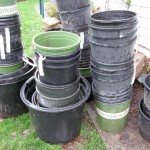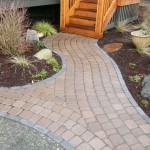Think before you spray
April 28, 2009 @ 7:58 pm
It’s tempting for many of us to pull out the heavy-duty bottle of pesticide when we find insects, diseases or weeds in our landscape. We want the problem to go away, and go away fast, whether it’s powdery mildew on our squash or aphids on our roses. But before you bust out the sprays, consider that pesticides are toxic to pets, birds, bees, and fish, and end up in our waters. (Check out the Washington Toxics Coalition site to read more about it).
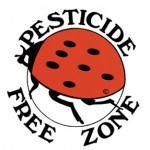
You can adopt a more gradual approach to dealing with pests and plant diseases by identifying the problem and then trying less-toxic methods of getting rid of it. You’ll often hear people call this process IPM, or Integrated Pest Management, but really it’s about using common sense to tackle the problem.
First, identify the problem. It’s possible that it’s not a nasty disease attacking your plant, but symptoms that you’re watering too little or too much. Or you may find out that the bugs in your garden are actually good, beneficial insects such as lady bugs and lacewings that eat bad bugs.
Once you’ve identified what’s wrong, find the least toxic way to get rid of it. Aphids, for example, can be controlled by hosing the plant down with water. Other pests and weeds can be removed simply by hand-plucking them from the plant.
Prevention is also a good way of keeping these problems at bay. Pick plants that are disease resistant, thrive in your climate, and grow well in the site you chose for it. Reduce plant stress by watering, pruning and fertilizing properly. Use barriers like mulch to suppress weeds or floating row covers to keep bugs away. Check out these fact sheets on less toxic ways to deal with snails & slugs, spider mites, roses, and more.
Filed under Seattle Landscape Design, Seattle Landscape Maintenance, Seattle Lawn Care Permalink · 2 Comments »
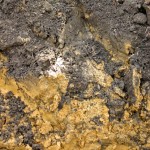
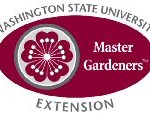
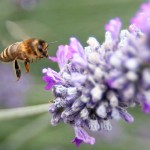
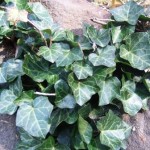 for sale that are considered noxious weeds. Washington has a state law that requires citizens to help control noxious weeds, but that doesn’t always mean you can’t find it for sale in various places. In our opinion, no Seattle landscape should have English ivy, English holly, Scotch broom or any of the numerous other weeds that spread like rapid-fire and choke out our native plants and take over natural landscapes.
for sale that are considered noxious weeds. Washington has a state law that requires citizens to help control noxious weeds, but that doesn’t always mean you can’t find it for sale in various places. In our opinion, no Seattle landscape should have English ivy, English holly, Scotch broom or any of the numerous other weeds that spread like rapid-fire and choke out our native plants and take over natural landscapes.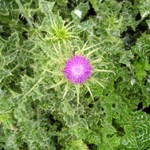
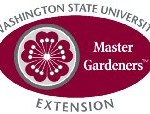
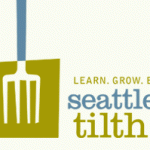 largest selection of organically and sustainably grown vegetable starts in Seattle. You’ll find over 50 varieties of tomatoes and 20 varieties of peppers, rare and heirloom veggie varieties, an extensive selection of culinary herbs, edible flowers, and drought tolerant perennials. The list of starts includes ‘Fairy Tale’ eggplant, lemon cucumbers, golden midget watermelon, ‘Cajun Delight’ okra, ‘Gypsy’ sweet peppers and much more. Find the lists of items on sale
largest selection of organically and sustainably grown vegetable starts in Seattle. You’ll find over 50 varieties of tomatoes and 20 varieties of peppers, rare and heirloom veggie varieties, an extensive selection of culinary herbs, edible flowers, and drought tolerant perennials. The list of starts includes ‘Fairy Tale’ eggplant, lemon cucumbers, golden midget watermelon, ‘Cajun Delight’ okra, ‘Gypsy’ sweet peppers and much more. Find the lists of items on sale 